"Afghan troop withdrawal signals NATO crisis"
Lord George Robertson, a former British defense secretary, said the planned Canadian pullout of combat troops next year is dangerously premature.
Saturday, 06.03.2010.
14:52

Lord George Robertson, a former British defense secretary, said the planned Canadian pullout of combat troops next year is dangerously premature. Canada, despite its "robust" and "valiant" effort in Afghanistan, is among a group of countries contributing to a growing crisis caused by western allies who are failing to stay the course in that conflict, says the former secretary-general of the North Atlantic Treaty Organization. "Afghan troop withdrawal signals NATO crisis" "To get out when the job's half-done is I think the wrong thing to do," Robertson, who served as NATO's top civilian leader from 1999-2004, told Canwest News Service on Friday. He said he empathizes with those who feel Canadian troops have suffered disproportionate losses because Canada, with its forces stationed in Kandahar, is one of the few countries willing to deploy troops in the country's most dangerous areas. "But it's the job that matters," he said, noting Britain recently increased its troop contingent despite suffering a surge in casualties over the past year. "Debating whether other people are not doing it doesn't mean to say you shouldn't do it if you believe what is being done is right." Robertson, in a speech in Washington earlier this week, said Canada's decision and the Dutch troop withdrawal this year signals a "crisis" in the alliance. "The Dutch and the Canadians . . . have both made valiant contributions to what has to be done in Afghanistan and there have been awful sacrifices with it. So I cast no aspersions on these two nations alone," Robertson told a gathering of diplomats, senior foreign policy and defense officials, and experts organized by the Atlantic Council, a think-tank. "But if these two robust allies, and those who may well be thinking of doing the same, and additionally those who contribute less than they should, if they can all shy away from their obligations . . . then what is it other than a crisis?" He said weak political leadership is at the root of a decline in public support for the Afghanistan mission among western allies. "We are on the edge of a precipice looking down on a world of growing disorder and discontent and only blunt talk and some straight language will save us from falling over it," he said. Robertson made the same argument U.S. President Barack Obama used to justify his 30,000 troop surge — that al-Qaida, the trans-national terrorist organization that planned the 9/11 attacks from its former base in Taliban-controlled Afghanistan, would strike again if it's not defeated. "Rest assured," Robertson warned, "if the Taliban and their allies can defeat the most successful defense alliance in history, why should they stop at Afghanistan? They won't. We all know all that." He said the West needs politicians to emerge in the fashion of Winston Churchill, who rallied the British people against the more powerful Nazi enemy in the Second World War. Prime Minister Stephen Harper has said that Canadians have no appetite to keep soldiers in Afghanistan past 2011. He has also pointed to the strong resistance to an extension among all opposition parties in the minority Parliament. "I'm not singling out Harper or (Dutch Prime Minister Jan Peter) Balkenende," Robertson said Friday, "but if you're deferring to parliamentary opinion or public opinion then try to influence that first."
"Afghan troop withdrawal signals NATO crisis"
"To get out when the job's half-done is I think the wrong thing to do," Robertson, who served as NATO's top civilian leader from 1999-2004, told Canwest News Service on Friday.He said he empathizes with those who feel Canadian troops have suffered disproportionate losses because Canada, with its forces stationed in Kandahar, is one of the few countries willing to deploy troops in the country's most dangerous areas.
"But it's the job that matters," he said, noting Britain recently increased its troop contingent despite suffering a surge in casualties over the past year.
"Debating whether other people are not doing it doesn't mean to say you shouldn't do it if you believe what is being done is right."
Robertson, in a speech in Washington earlier this week, said Canada's decision and the Dutch troop withdrawal this year signals a "crisis" in the alliance.
"The Dutch and the Canadians . . . have both made valiant contributions to what has to be done in Afghanistan and there have been awful sacrifices with it. So I cast no aspersions on these two nations alone," Robertson told a gathering of diplomats, senior foreign policy and defense officials, and experts organized by the Atlantic Council, a think-tank.
"But if these two robust allies, and those who may well be thinking of doing the same, and additionally those who contribute less than they should, if they can all shy away from their obligations . . . then what is it other than a crisis?"
He said weak political leadership is at the root of a decline in public support for the Afghanistan mission among western allies.
"We are on the edge of a precipice looking down on a world of growing disorder and discontent and only blunt talk and some straight language will save us from falling over it," he said.
Robertson made the same argument U.S. President Barack Obama used to justify his 30,000 troop surge — that al-Qaida, the trans-national terrorist organization that planned the 9/11 attacks from its former base in Taliban-controlled Afghanistan, would strike again if it's not defeated.
"Rest assured," Robertson warned, "if the Taliban and their allies can defeat the most successful defense alliance in history, why should they stop at Afghanistan? They won't. We all know all that."
He said the West needs politicians to emerge in the fashion of Winston Churchill, who rallied the British people against the more powerful Nazi enemy in the Second World War.
Prime Minister Stephen Harper has said that Canadians have no appetite to keep soldiers in Afghanistan past 2011. He has also pointed to the strong resistance to an extension among all opposition parties in the minority Parliament.
"I'm not singling out Harper or (Dutch Prime Minister Jan Peter) Balkenende," Robertson said Friday, "but if you're deferring to parliamentary opinion or public opinion then try to influence that first."










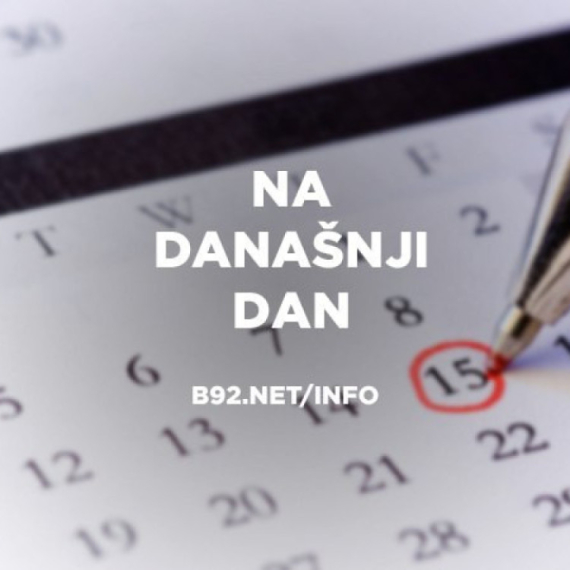
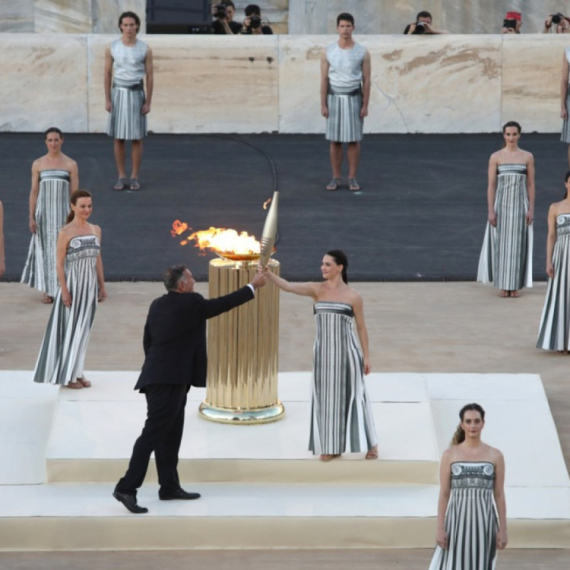
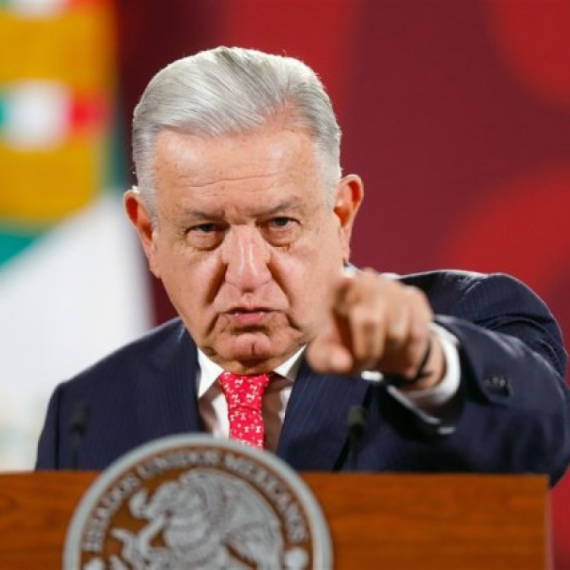


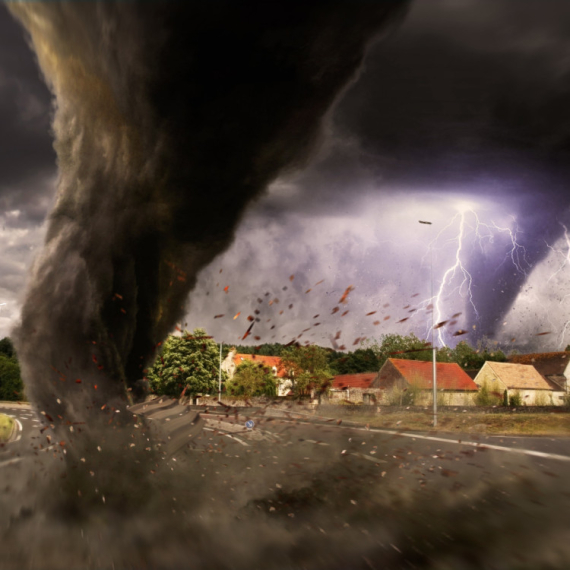
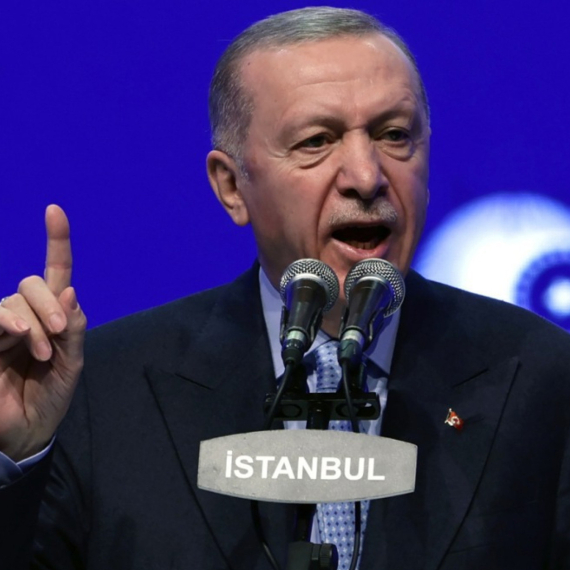

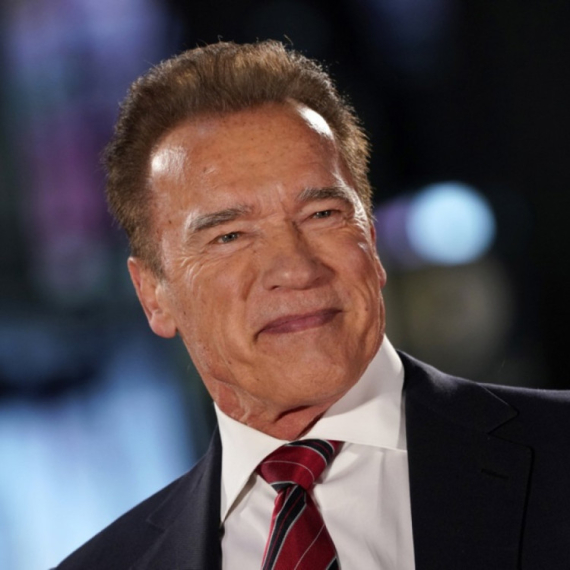
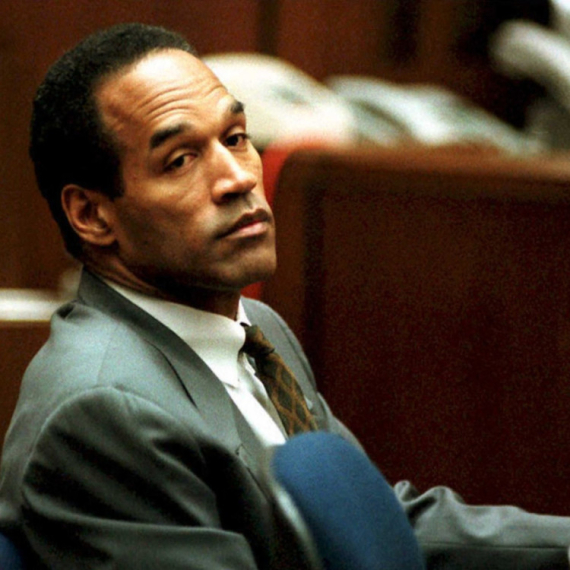

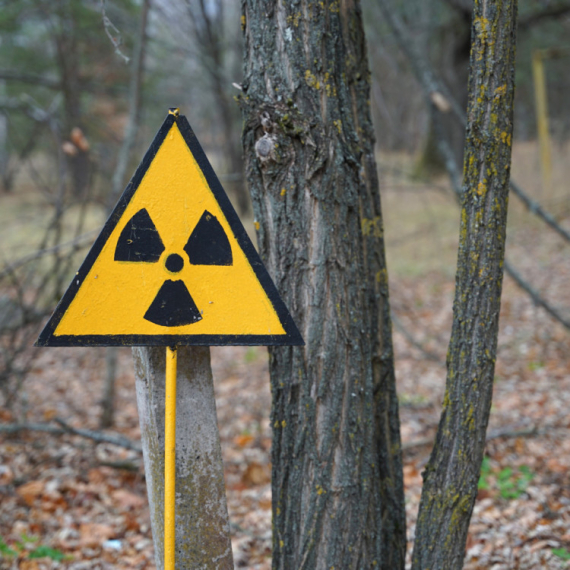




































Komentari 4
Pogledaj komentare